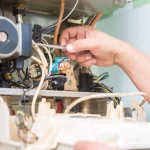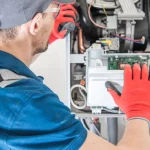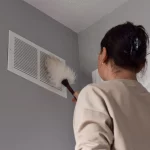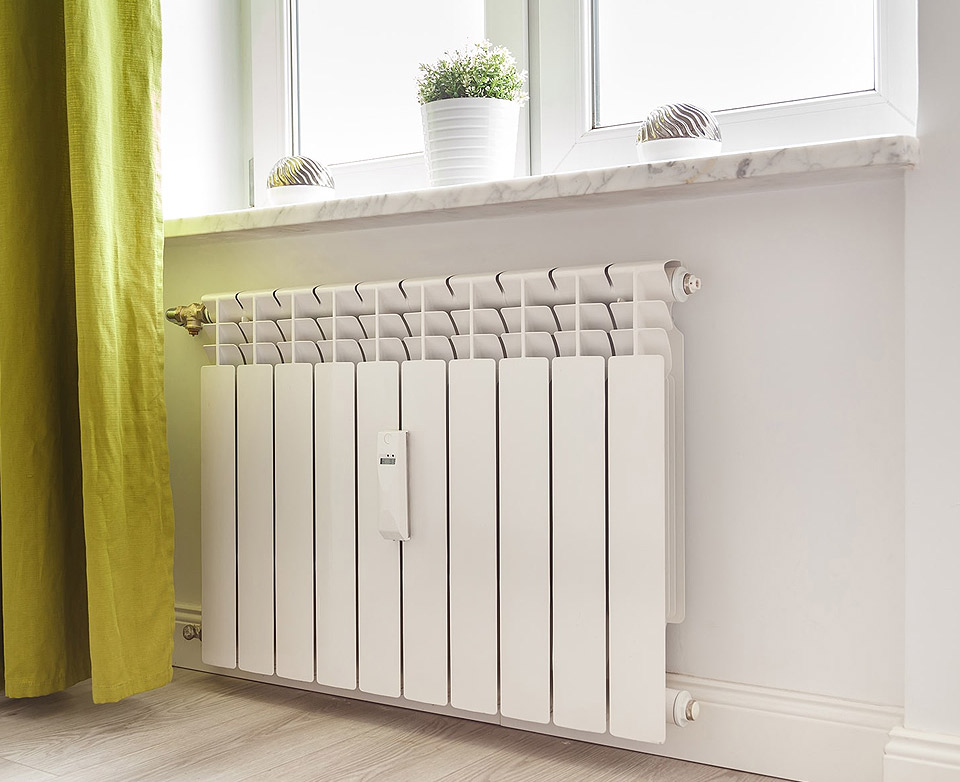
Crucial HVAC Safety Tips for Peace of Mind
Your HVAC (Heating, Ventilation, and Air Conditioning) system is the unsung hero of your home, providing comfort year-round. While we often appreciate the cozy warmth in winter and the refreshing coolness in summer, it’s essential to prioritize safety when it comes to our HVAC systems. In this comprehensive guide, we’ll explore crucial HVAC safety tips to ensure not only a comfortable living space but also peace of mind for you and your family.
1. Regular HVAC Inspections: The Foundation of Safety
Scheduling regular HVAC inspections is akin to giving your system a thorough check-up. Think of it as an annual wellness visit for your home. Professional technicians possess the expertise to identify potential safety hazards, such as gas leaks, faulty wiring, or compromised components, before they escalate into significant issues. Ideally, aim for an HVAC inspection at least once a year, preferably before the start of the heating or cooling season. Regular inspections form the foundation of a safe and reliable HVAC system.
2. Carbon Monoxide Detection: A Silent Threat
Carbon monoxide (CO) is a silent and potentially lethal threat that can be produced by fuel-burning appliances, including your HVAC system. Install carbon monoxide detectors on every level of your home and near sleeping areas. These detectors act as guardians, providing an early warning if CO levels become dangerous. Regularly test the detectors, replace batteries annually, and replace the detectors themselves every 5-7 years. By prioritizing carbon monoxide detection, you’re taking a crucial step toward ensuring the safety of your household.
3. Proper Ventilation: Clearing the Air
Proper ventilation is essential for fuel-burning appliances, such as furnaces and water heaters. A well-ventilated space prevents the buildup of harmful gases and ensures the efficient combustion of fuel. Keep vents and flues unobstructed and free from debris. If you notice any blockages or issues with ventilation, seek professional assistance promptly. Adequate ventilation not only enhances safety but also contributes to the overall efficiency of your HVAC system.
4. Electrical Safety: Leave It to the Professionals
HVAC systems involve complex electrical components, making electrical safety a top priority. Avoid tampering with electrical connections or attempting DIY repairs unless you’re a qualified technician. If you encounter electrical issues, such as frequent tripped circuit breakers or flickering lights, contact a professional to inspect and address the problem promptly. Electrical safety is crucial for preventing accidents and ensuring the smooth operation of your HVAC system.
5. Fire Safety Precautions: Keep Your Space Safe
Preventive measures can significantly reduce the risk of HVAC-related fires. Keep the area around your HVAC equipment clear of flammable materials, and store combustible items away from heating elements. Regularly clean dust and debris from the system, as accumulated particles can pose a fire hazard. If you notice any unusual smells, such as burning or singeing, turn off your HVAC system immediately and contact a professional for inspection. Prioritizing fire safety precautions contributes to a secure and hazard-free home environment.
6. Gas Appliance Safety: Recognizing the Signs
For homes with natural gas appliances, prioritizing gas safety is paramount. Familiarize yourself with the smell of natural gas, which resembles rotten eggs. If you detect a gas odor, evacuate your home immediately and contact your gas utility provider or emergency services. Avoid using electronic devices or turning on lights, as sparks could ignite gas. Gas appliance safety is a critical aspect of overall home safety, and swift action in the presence of a gas odor can prevent potential disasters.
7. Safe HVAC Installation: A Solid Foundation
Whether you’re installing a new HVAC system or making modifications to an existing one, the importance of safe installation cannot be overstated. Improper installation not only compromises the system’s efficiency but also poses safety risks. Always enlist the services of licensed professionals for HVAC installation. Professional installers adhere to local building codes and manufacturer specifications, ensuring a safe, reliable, and efficient HVAC setup.
8. Childproofing HVAC Components: Safety for Little Explorers
If you have children or pets in your home, it’s essential to childproof your HVAC components. Install safety covers on air vents to prevent small objects from being inserted. Keep cords and wires secured and out of reach to avoid any accidents. Additionally, educate your children about the importance of not tampering with HVAC controls. Childproofing HVAC components ensures the safety of your little ones and contributes to a secure home environment.
9. Emergency Shut-Off Knowledge: Quick Response for Safety
Familiarize yourself and your household members with the location of the emergency shut-off switch for your HVAC system. In the event of a malfunction or emergency, being able to quickly turn off the system can prevent further issues and ensure the safety of your home. Emergency shut-off knowledge empowers you to take swift action when needed, contributing to a safer living space.
10. Regular Filter Changes: Simple Yet Crucial
While it may seem like a simple task, regularly changing your HVAC system’s air filters is a crucial safety measure. Dirty or clogged filters can lead to restricted airflow, causing the system to overheat and potentially creating a fire hazard. Follow manufacturer recommendations for filter replacement and consider using high-efficiency filters for improved air quality. Regular filter changes not only enhance safety but also contribute to the overall efficiency and longevity of your HVAC system.
Safety First for a Comfortable Home
Prioritizing HVAC safety is not just about protecting your heating and cooling systems; it’s about safeguarding your home and the well-being of your family. By implementing these crucial HVAC safety tips, you can enjoy peace of mind, knowing that your HVAC system operates efficiently and securely. Regular professional inspections, carbon monoxide detection, proper ventilation, and adherence to safety precautions ensure that your HVAC system contributes to a comfortable, safe, and healthy living environment. Always remember, safety first for a home that truly feels like a haven.










